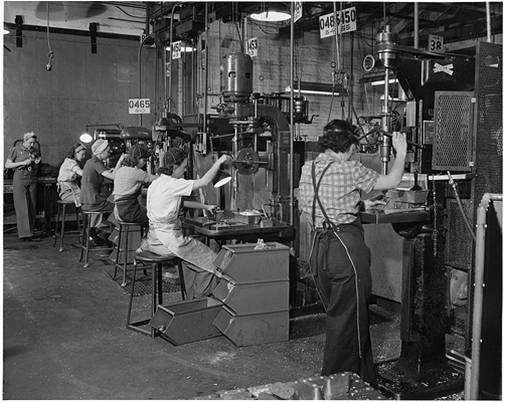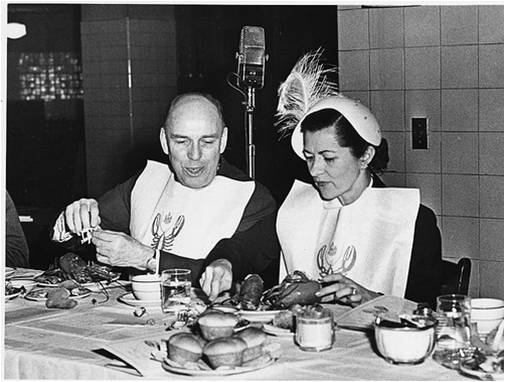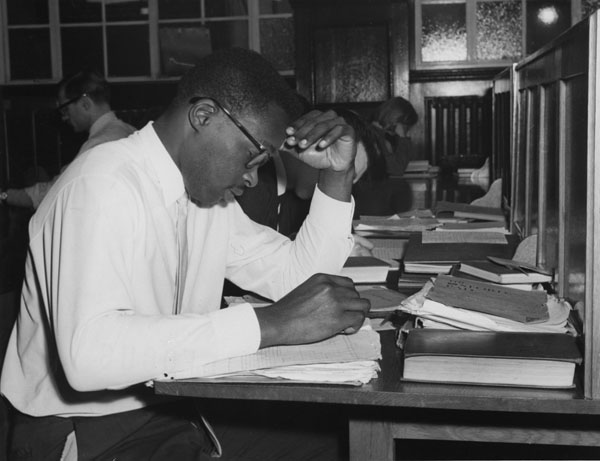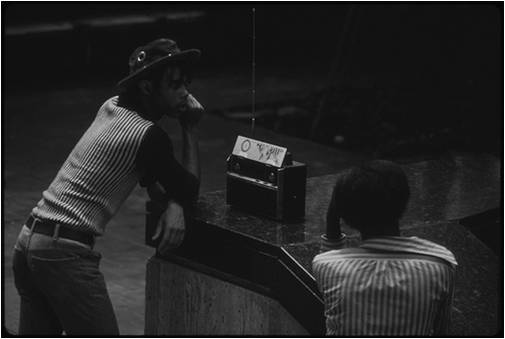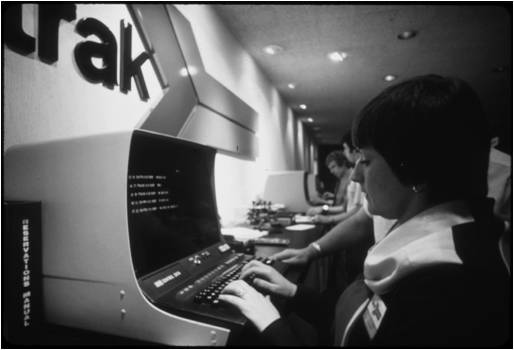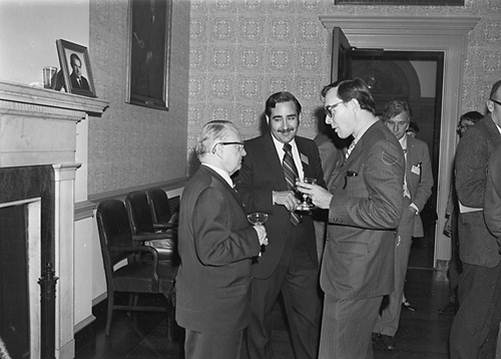When I started out working on council web content eight years ago I didn’t realise that making our content and processes as easy-to-use as possible to tempt people onto the web would be called channel shift.
Five years ago I attended the National Digital Inclusion Conference and alarm bells started ringing. It was the first time anyone had pointed out to me that 1/3 three people in the UK didn’t have a computer (at that time).
It was also the first time I heard about the broadband lottery. Maybe I was naïve but I’d just assumed everyone was like me and my family and friends.

